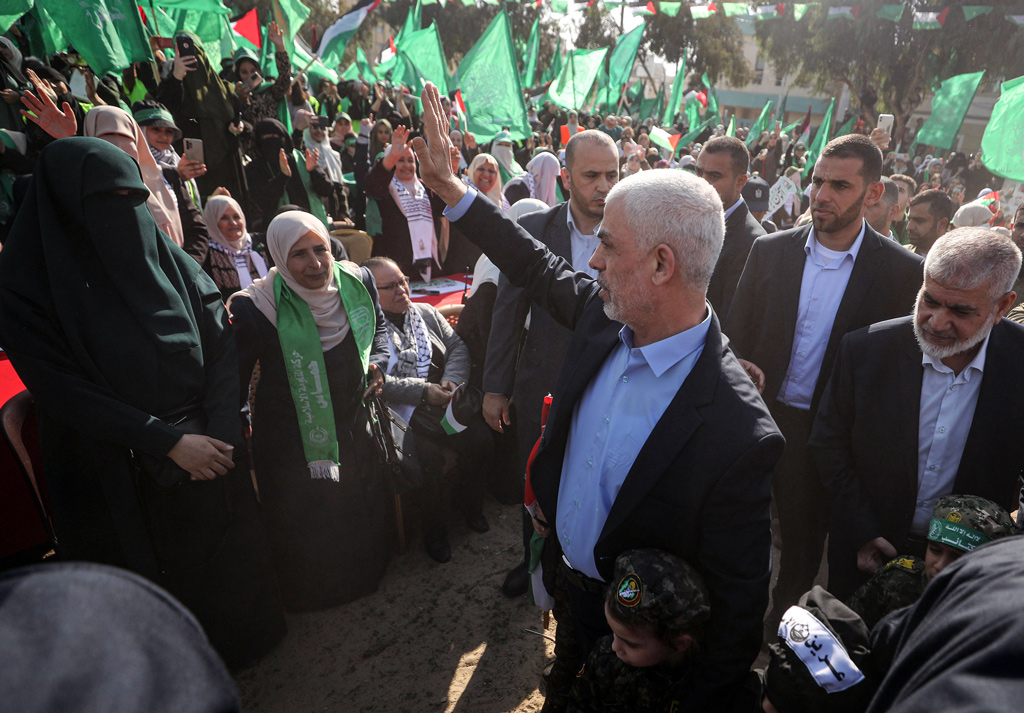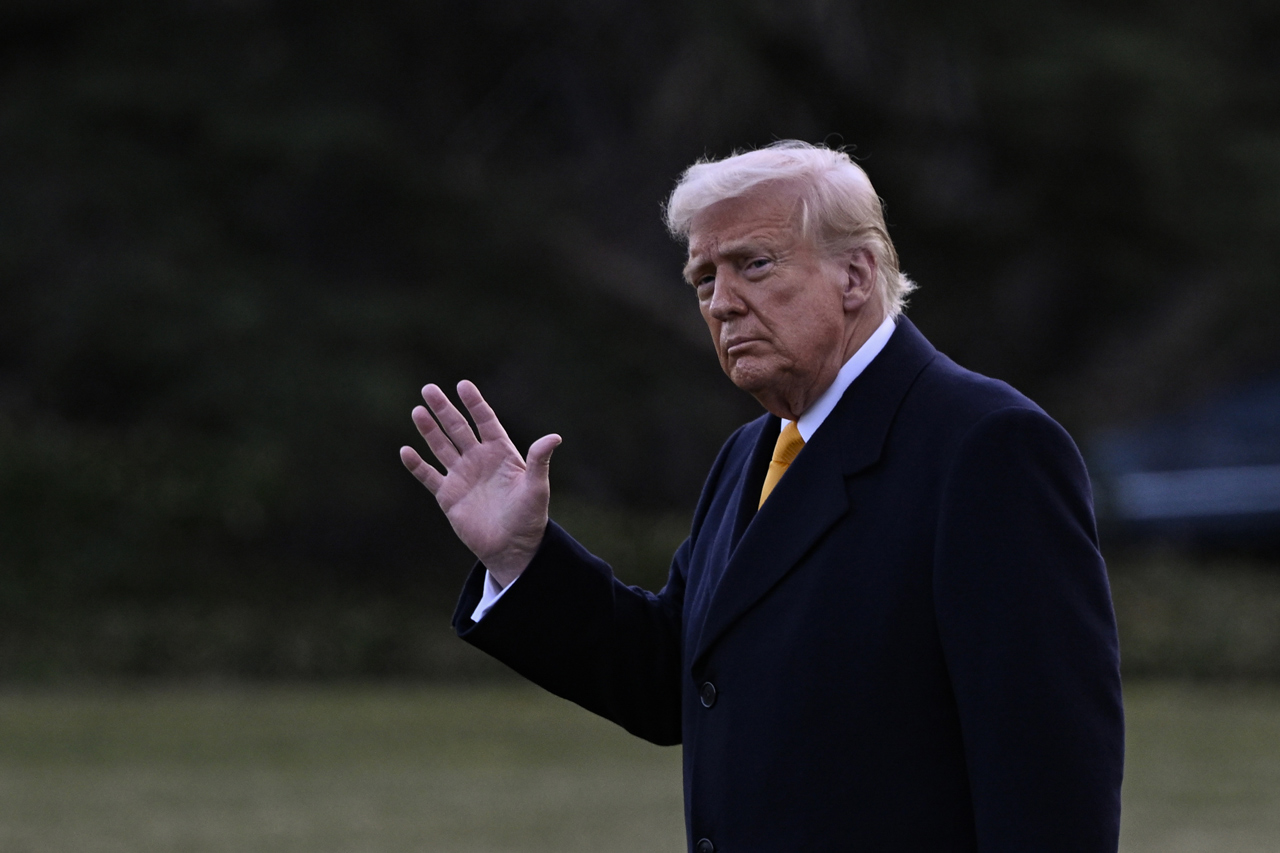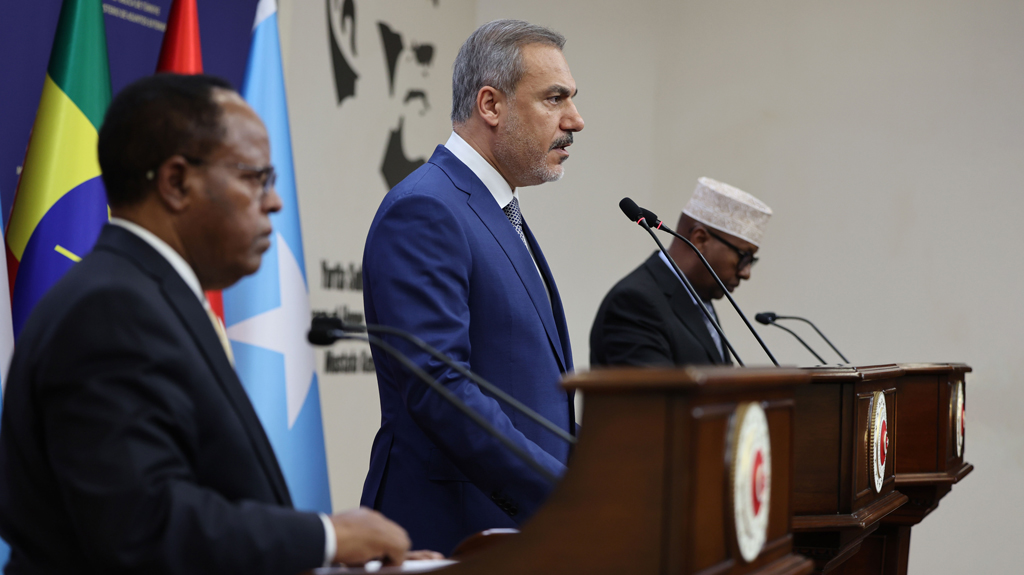Ismail Haniyeh’s assassination during his visit to Tehran for the inauguration of the country’s newly elected president, sent shockwaves across the globe. Aimed at regaining psychological superiority and weakening the resistance after strategic setbacks since October 7 by the occupying state, it dealt a serious blow to hopes for a resolution in Gaza and sparked debates about who would succeed Haniyeh as Hamas’s new leader. In a bold response to this hostile move, which underscored the Zionist regime’s ongoing commitment to its aggression, Hamas’s Shura Council elected Yahya Sinwar, the movement’s chief in Gaza, as Haniyeh’s successor.
Having spent many years in the prisons of the occupying state, where he became fluent in Hebrew and gained insights into Israeli political life and system, Sinwar’s leadership has revitalized Palestinian resistance while unsettling the Israeli public. Known as one of the masterminds behind Operation Al-Aqsa Flood and at the top of the occupying state’s most-wanted list, Sinwar has the potential to significantly reshape both Hamas and broader Palestinian politics, owing to his political charisma, strategic intelligence, and compelling rhetoric. Observers are curiously waiting for the strategic direction of Hamas in the upcoming period and the initial statements of Sinwar who, despite being a member the movement’s political wing from the beginning, remains one of its most controversial figures, given his substantial influence over its military operations and his favorable stance toward Iran, due to the logistical support Tehran provides to the resistance.
This analysis begins by examining Hamas’s motivations behind electing Sinwar as the new leader and considers his potential to exert a Yasser Arafat-like influence in Palestinian politics, given his distinct personal traits and strong grassroots appeal. The study further delves into the potential risks associated with Hamas due to some of the controversial issues around Sinwar, and provides insights and predictions about how Hamas might navigate its relationships with global and regional actors in this new era.







